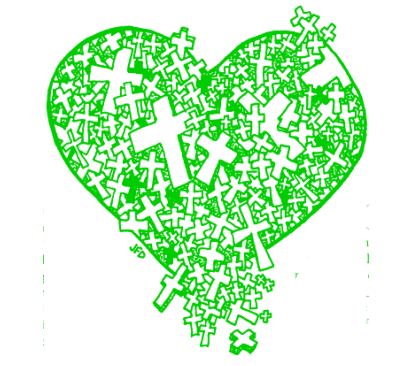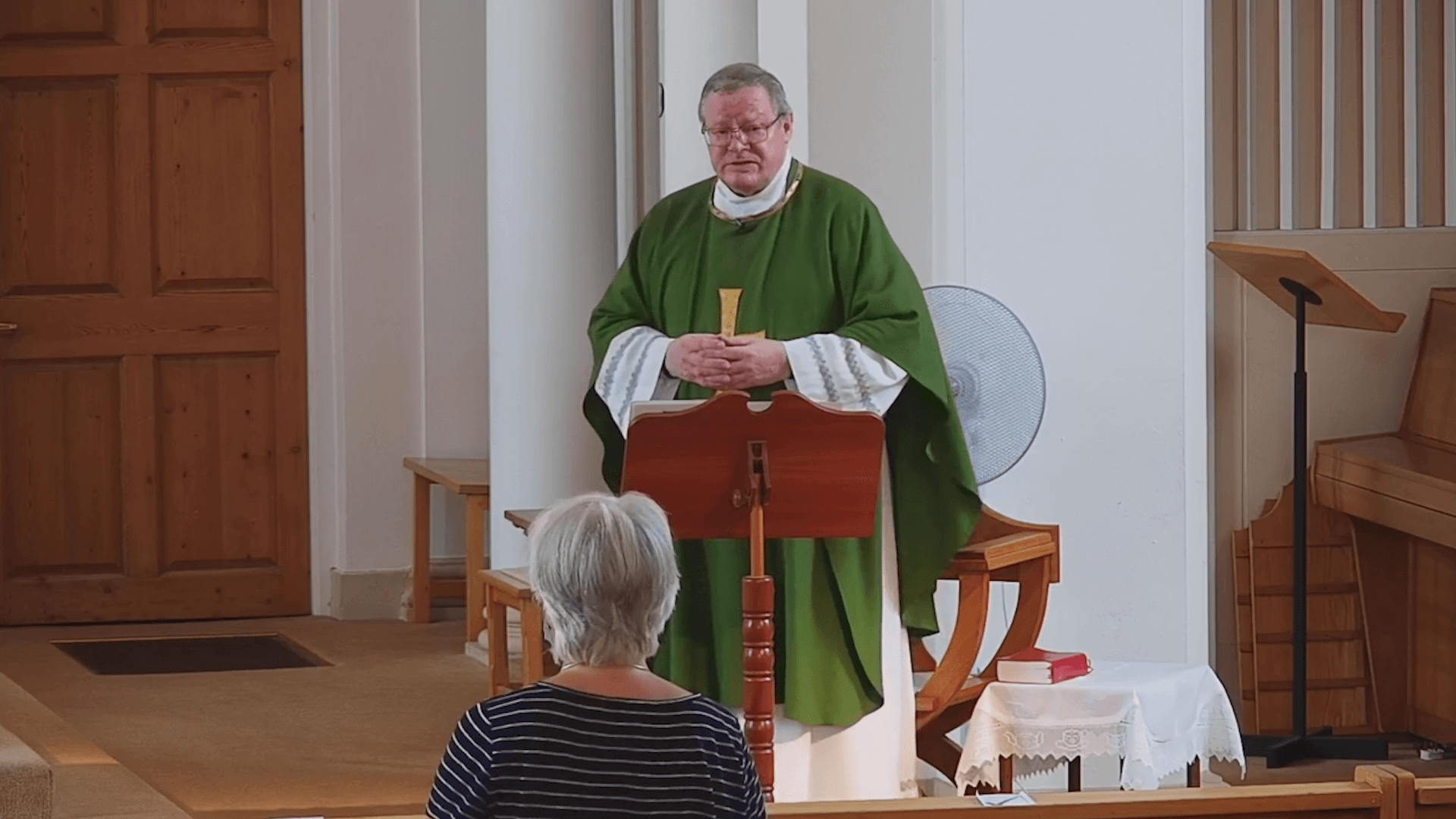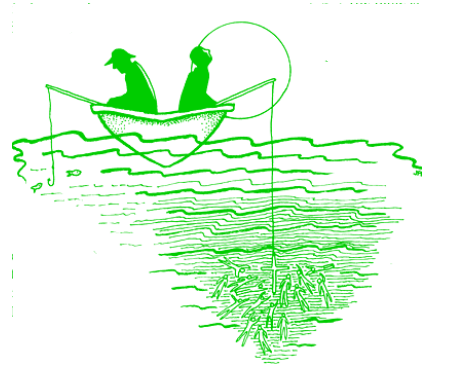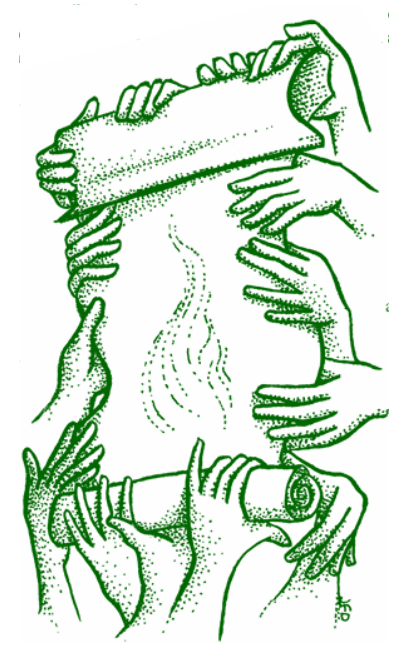









This Sunday’s gospel presents us with one of the most loved images of Jesus when he says of himself, “I am the good shepherd.” We are sometimes seduced by images of a smiling Middle Eastern shepherd with a cuddly, clean, and fluffy lamb tucked under his arm. Much less romantic and more accurate and robust is the earliest known statue (c. 60 AD) of the Good Shepherd at Caesarea Maritime in Israel. The legless remnant has a huge, heavy sheep draped around the shepherd’s shoulders. To carry such a load would be no easy task! In 1 Samuel, we have another vigorous Old Testament description of a shepherd in the context of King Saul’s attempt to dissuade the young David from fighting against the mighty Philistine warrior Goliath. David argues his case for the fight with a graphic description of how he kept sheep for his father: “Whenever a lion or bear came to carry off a sheep from the flock, I would chase after it, attack it, and snatch the prey from its mouth. If it attacked me, I would seize it by the throat, strike it, and kill it . . . The same Lord who delivered me from the claws of the lion and the bear will deliver me from the hand of this Philistine” (1 Samuel 17:34- 35, 37).
As our Good Shepherd, Jesus fights for us, saves us from the gaping jaws of whatever or whoever seeks to grab and destroy our discipleship and wound the little ‘flock’ of the Christian community. He shepherds us with his loving care so that we may “have life and have it more abundantly” (John 10:10).
In contrast to the Good Shepherd is the hireling who is concerned primarily with his own self-interest: his reputation, remuneration, and safety. Through the prophets, God had denounced the shepherd leaders of Israel who had prostituted their pastoral ministry. “I myself will pasture my sheep,” God promises his people (Ezekiel 34:15). There are still some political, social, and ecclesial ‘hired men’ with us, but there are also the magnificent shepherds who are willing to lay down their life for their sheep. In Oscar Romero: Memories in Mosaic, Maria Lopez collects the memories of two hundred people who had lived, prayed, and worked with such a shepherd - Archbishop Oscar Romero.
As a child, as a son, Jesus the Good Shepherd lives, dies, and is raised to life in the power of the mutual love between himself and his Father. Into this love Jesus gathers his disciples so that they may share in it.
Not only is today Good Shepherd Sunday, it is also “Vocations Sunday.” On this day we are especially asked first of all to pray that the Church may be provided with the leaders needed to do its work of spreading the Gospel.
We know that at the present time there is a critical shortage of such leaders, at least in the traditional sense – priests and religious. But, while we may earnestly pray that our Church be supplied with the leaders it needs, there can be a tendency among us to pray that OTHERS may answer that call. We do not see ourselves as included. We may pray earnestly for more young people to offer themselves as priests and religious but clearly exclude our own children.
But the problem is a wider one. We have for too long given a much too narrow meaning to the word ‘vocation.’ We tend to limit it to a calling to be a priest or a member of a religious institute. But, in fact, every single one of us has a vocation. For most of us, probably, it is what we are now doing be it as spouses, parents, teachers, doctors, civil servants, running a business, salespersons… or whatever.
Nevertheless, each one of us should be asking ourselves today:
• Is what I am spending my energies on every day my real vocation?
• Is this what God wants me to be doing with my life?
• How is what I am doing giving witness to my Christian faith?
• What contribution am I offering to making this world a better place for people to live in?
• To what extent am I a spreader of truth, of love, of justice, of freedom, of tolerance and acceptance…?
And, if I am in a position which would be difficult to change (as a spouse or parent or holding a particular job), how, within that situation, is God calling me to greater service of my Church and my community? Am I giving something through my life or am I just using society (and even the Church) to get what I want?
God is calling every single one of us to work for the Gospel. For a small number it may be as a priest or religious – and that call can come at any time in one’s life. But there are hundreds of other ways of serving the Church and helping to build up the Christian community. Where is God calling me to make my own unique contribution based on the particular talents God has given me?
If every single one us were to answer that question sincerely and to act upon it, we could be confident that our Church would have all the leadership it needs.









